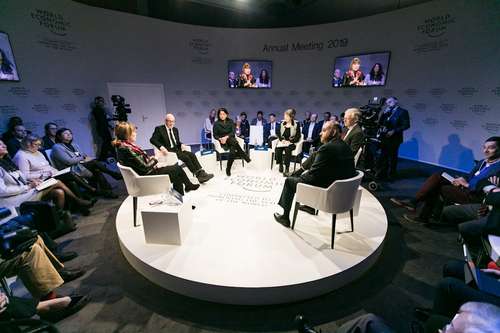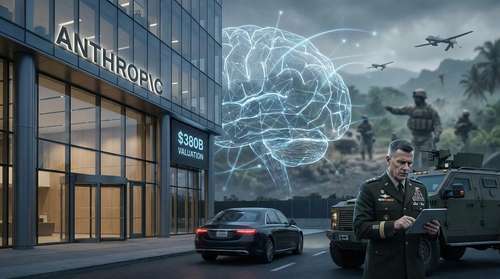As the potential of generative AI continues to grow, governments worldwide are navigating the delicate balance between encouraging innovation and ensuring safety and fair use through AI regulations.
Meanwhile, joining this pursuit, the Netherlands aims to establish a comprehensive framework for the responsible utilization of AI technology within its government sectors.
Additionally, a partnership between the Dutch Authority for Digital Infrastructure and UNESCO's Social and Human Sciences Sector will closely examine AI design processes to ensure alignment with EU regulations as a whole.
Netherlands AI Regulation
The Netherlands' proactive stance on AI regulation aligns with UNESCO's efforts to support countries meeting the EU AI Act's benchmarks.
Thus, by categorizing AI use cases based on their associated risks, the act introduces rules concerning data privacy and risk assessments before allowing their availability on public markets.
Meanwhile, UNESCO is already assisting over 50 European countries to comply with these standards.
Gabriela Ramos, Assistant-Director General for Social and Human Sciences at UNESCO, emphasizes that the AI regulation discourse is not merely about technology but rather encompasses vital societal considerations.
AI Use Cases in Government
Recognizing the potential benefits and challenges of generative AI technology, the Dutch government has taken a cautious approach.
State Secretary Alexandra van Huffelen's proposal to temporarily ban the use of AI software, such as chatbots ChatGPT and image manipulators Dall-E and Midjourney, within government operations is significant.

This decision stems from concerns surrounding privacy infringements and copyright violations.
Thus, research conducted by the office of State Attorney Pels Rijken and the Dutch Data Protection Authority revealed that non-contracted generative AI applications do not currently comply adequately with Dutch privacy and copyright legislation.
A key concern cited by Van Huffelen revolves around the questionable treatment of authors' rights by major AI software providers like Google and OpenAI.
Transparency regarding sources became paramount as chatbots and image AI models like ChatGPT and Bard were trained using vast amounts of copyrighted materials.
Additionally, generative AI applications possess the potential to extract sensitive information during user interactions, heightening anxieties over privacy.
The AI program's responses hold the power to influence decisions about individuals, posing further challenges.
Despite these reservations, Van Huffelen maintains her interest in exploring the safe utilization of generative AI within government services.
“A generative AI application can also derive very sensitive information from the interaction with the user," she said
She envisions conducting a series of experiments to evaluate the technology's viability and impact. By mid-2024, the Dutch government plans to conclude these pilot projects and subsequently develop guidelines to ensure responsible AI deployment.
Additionally, a training program will be implemented to equip civil servants with the necessary knowledge and skills, which sounds like a good idea.
Conclusion
As governments strive to strike the right balance between harnessing the productive potential of AI and protecting citizens' rights, the Netherlands is actively working towards establishing robust regulations for AI implementation in the public sector.
By collaborating with UNESCO and adhering to EU guidelines, the country aims to cultivate an environment that seeks the benefits of AI while mitigating potential risks.




